Facilities
Science Facilities
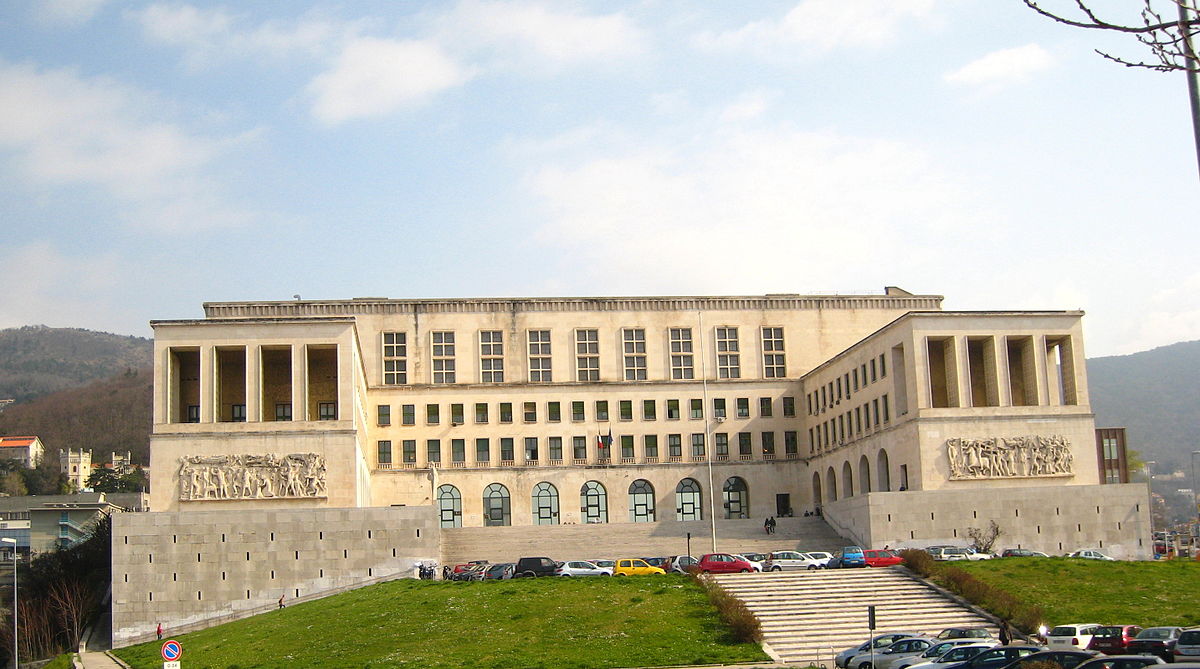
Trieste University
At present there are 48 faculty members at the Department of Physics, active in the following areas: Theoretical Physics, experimental and theoretical studies on Condensed Matter, Particles and Nuclei, Astrophysics and Astronomy, and Applied Physics. A roughly equivalent number of PhD students, postdoc fellows, visitors and research associates contribute to the research effort.
Research activities are carried out with cutting-edge equipment and facilities, on the main university campus, at the local Area Science Park, and at national and international laboratories, in collaboration with Italian and international research institutions.
The quality of the research produced is indicated by the number of publications in international peer-reviewed journals, and offers excellent opportunities to students both at the undergraduate level and at the Graduate Schools of Physics and Nanotechnology to learn the most advanced techniques and methods in mainstream physics. Students are actively encouraged to engage with both the Italian and international research environments so as to increase their chances of finding employment.
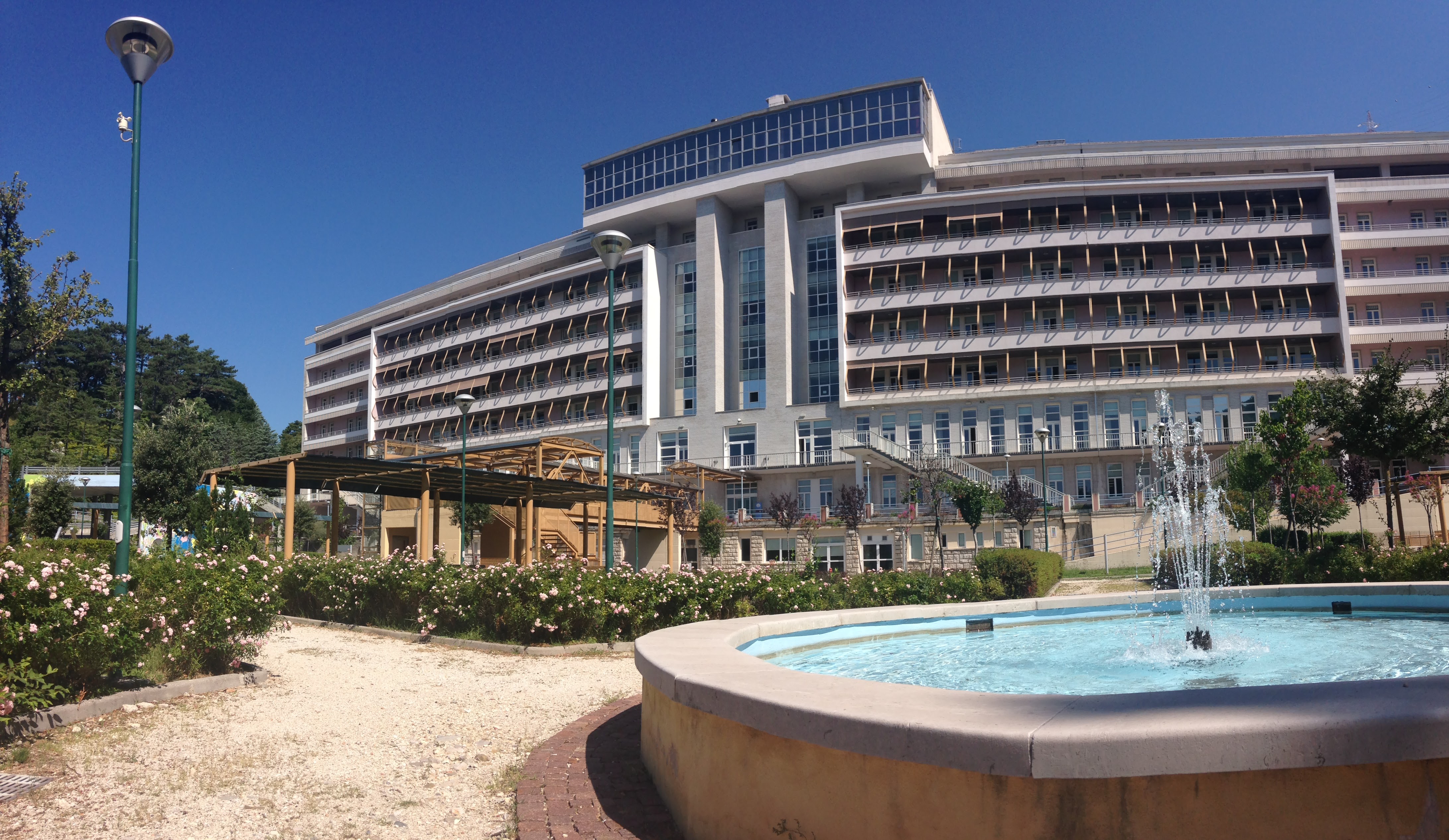
International School for Advanced Studies
SISSA, the International School for Advanced Studies, was founded in 1978 and is a scientific center of excellence within the national and international academic scene. Located in Italy, in the city of Trieste, it features 71 professors, about 115 post-docs, 281 PhD students and 102 technical administrative staff. Situated on the scenic Karst upland, the School is surrounded by a 25 acre park, and offers a stunning view of the Gulf of Trieste.
The three main research areas of SISSA are Physics, Neuroscience and Mathematics.
All the scientific work carried out by SISSA researchers is published regularly in leading international journals with a high impact factor, and frequently in the most prestigious scientific journals such as Nature and Science. The School has also drawn up over 150 collaboration agreements with the world's leading schools and research institutes.
The quality level of the research is further confirmed by the fact that within the competitive field of European funding schemes SISSA holds the top position among Italian scientific institutes in terms of research grants obtained in relation to the number of researchers and professors. Such leadership should also be seen in terms of SISSA's ability to obtain funding, both from the private and public sectors, such PRIN.
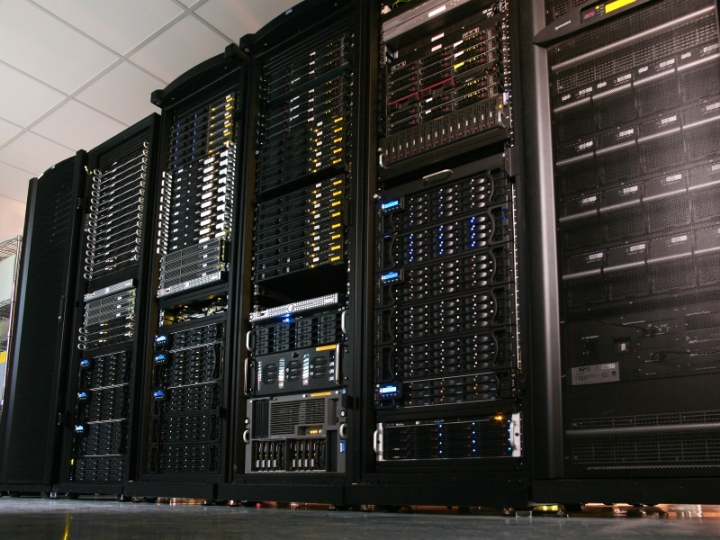
National Institute for Nuclear Physics
The italian National Institute of Nuclear Physics (INFN) is an organization dedicated to the study of the fundamental constituents of matter, and conducts theoretical and experimental research in the fields of subnuclear, nuclear, and astroparticle physics.
Fundamental research in these areas requires the use of cutting-edge technologies and instrumentation, which the INFN develops both in its own laboratories and in collaboration with the world of industry.
Moreover, INFN promotes the application of the skills, methods, and experimental techniques developed in the course of its own research to research in other fields, such as medicine, artistic preservation, and environmental protection. These activities are conducted in close collaboration with the academic world.
Groups from the universities of Rome, Padua, Turin, and Milan founded INFN on August 8, 1951 for the purpose of building upon the scientific tradition established during the 1930's by Enrico Fermi and his school, with their theoretical and experimental research on nuclear Physics. Research activity at the INFN is carried out at two complementary types of facilities: the Divisions (Sezioni) and the National Laboratories. Each of the Divisions is located at a university physics department. The Divisions thus provide a direct connection between the Institute and the academic world.
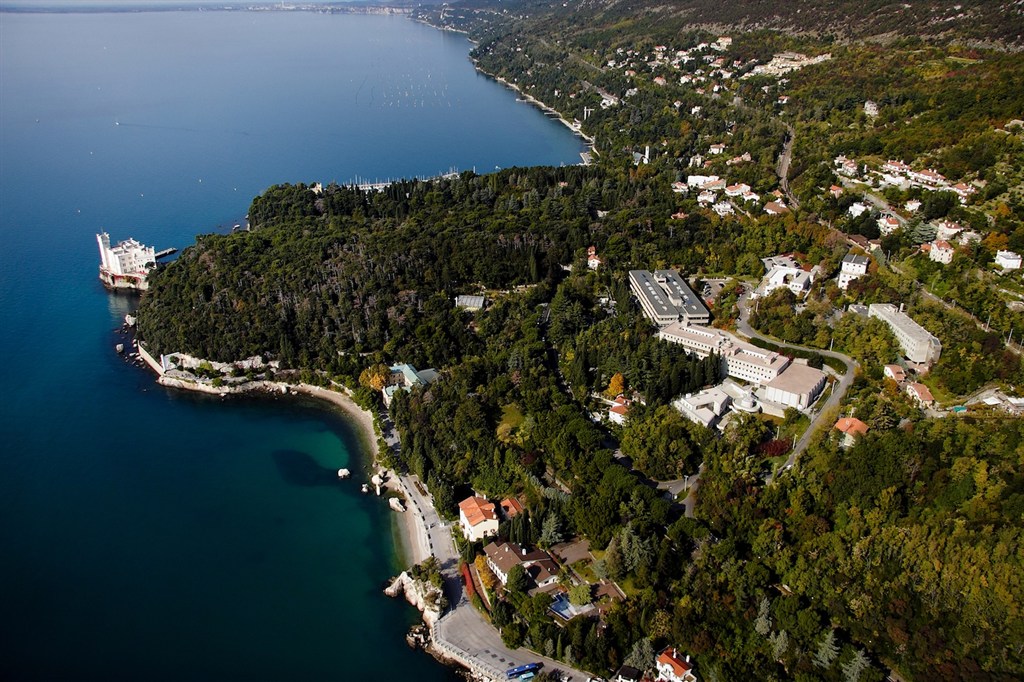
International Centre for Theoretical Physics
For more than 50 years, the Abdus Salam International Centre for Theoretical Physics (ICTP) has been a driving force behind global efforts to advance scientific expertise in the developing world.
Founded in 1964 by the late Nobel Laureate Abdus Salam, ICTP seeks to accomplish its mandate by providing scientists from developing countries with the continuing education and skills that they need to enjoy long and productive careers. ICTP has been a major force in stemming the scientific brain drain from the developing world.
ICTP alumni serve as professors at major universities, chairpersons of academic departments, directors of research centres and ministers of science and technology in nations throughout the developing world. Many of them have been recognized in their own countries and internationally for their contributions to science and science policy. The impact of ICTP extends well beyond the Centre's facilities to virtually every corner of the Earth.
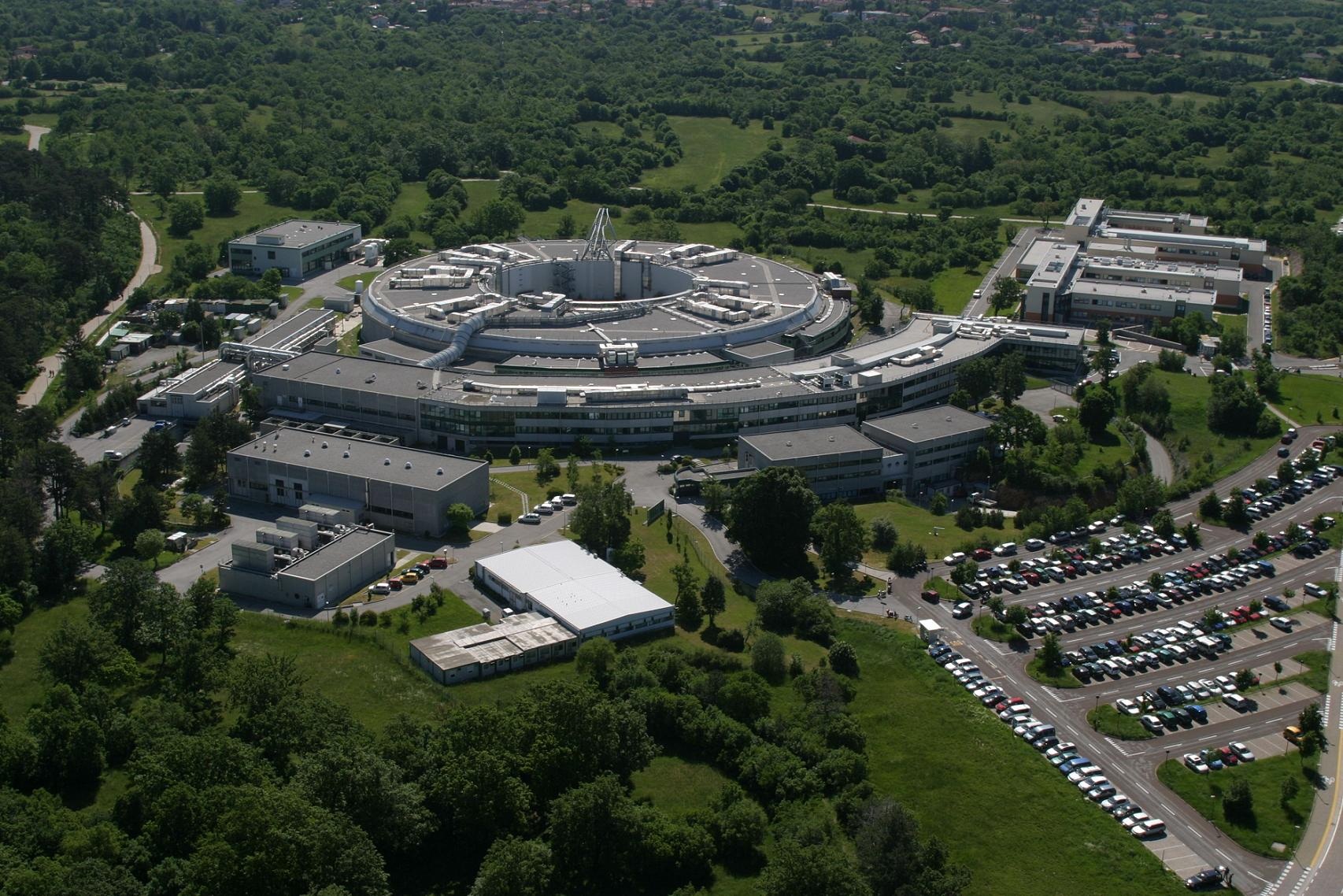
Elettra Sincrotrone Trieste
Elettra Sincrotrone Trieste is a multidisciplinary international research center of excellence, specialized in generating high quality synchrotron and free-electron laser light and applying it in materials and life sciences.
The main assets of the research centre are two advanced light sources, the electron storage ring Elettra and the free-electron laser (FEL) FERMI, continuously (H24) operated supplying light of the selected colour and quality to more than 30 experimental stations. These facilities enable the international community of researchers from academy and industry to characterize structure and function of matter with sensitivity down to molecular and atomic levels, to pattern and nanofabricate new structures and devices, and to develop new processes.
